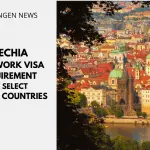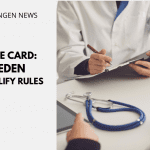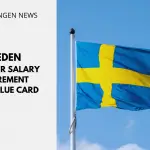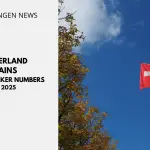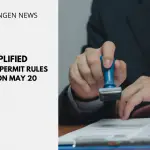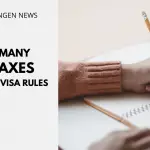Switzerland to Ease Work Permit Procedures for Non-EU Citizens
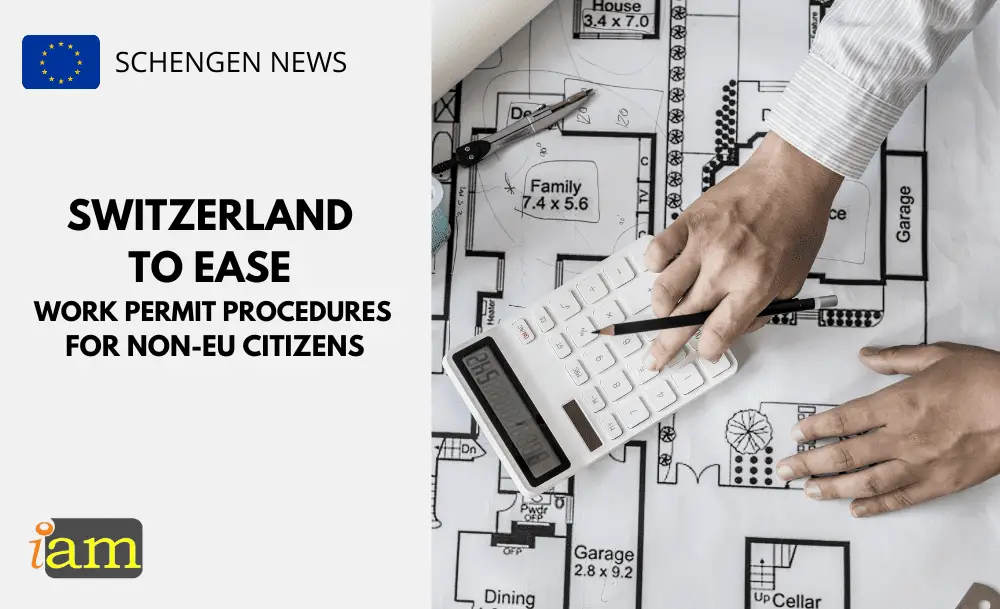
Switzerland's Federal Department of Justice and Police (FDJP) announced on 01 February that it will be simplifying its work permit procedures for Non-EU citizens.
The initiative aims to retain highly skilled people, recruit more skilled employees to the country, and minimise administrative hurdles for businesses.
Highly skilled non-EU workers will be subject to easier procedures when obtaining a work permit in the country and those who have completed a degree from a Swiss university or have suitable work experience while in the country will be given top priority when applying for a work visa under the new measures.
Companies that hire non-EU residents with degrees from Swiss universities may also benefit from simplified procedures.
Related articles:
Cutting the Red Tape
Under the new measures, employers who are looking to hire highly skilled non-EU nationals no longer need to conduct labour market tests if the occupation is on the skills shortage list.
This bypasses the necessity for organisations to post a job vacancy with the Swiss Employment Service for a period of five days before they can hire non-EU workers. This makes it easier and faster for companies to hire the skills they require, saving essential time and resources.
Although the recent measures eliminate the labour market test requirement, it's important to note that cantonal authorities may still require the test to be carried out on a case-by-case basis for certain non-EU nationals.
Non-EU Individuals hired for occupations on the skills shortage list no longer need a university degree to obtain a residence permit. Instead, these individuals must have training qualifications or a minimum of five years of professional experience.
Occupations That Potentially Qualify for the Relaxed Work Permit Rules:
- Managers (executive positions) in the finance and insurance industry; information and communication technology; management consulting; mechanical, electrical, and metal industry; and the production of chemical, pharmaceutical, and food products.
- Engineering occupations; scientists and researchers in mathematical, scientific, and technical fields; and specialised professionals in information and communications technology.
- Healthcare professions; medical residents and specialists; radiology assistants; and specialised nursing personnel.
- Teachers at universities
What are your thoughts on this issue? Talk to us in the comment section below. Or if you need more advice on the above, contact us for further travel & immigration advice.
Check out the deals we have found below and tell us your travel plans.
Check out the offers and discounts from:
And because of the pandemic, don’t forget to get your travel insurance, which will cover you for flight disruptions and pandemic related matters.
IaM can help with your visa application to Europe, the United States, the UK & other countries
If you need help with a US visa, a UK Visa, or a visa to Europe, including help with appointment booking obligations, IaM can help. For more information and advice on US immigration, UK immigration law and US visa applications or if you need any help or assistance please, reach out to your Visa Coordinator at IaM.
Some of our posts include affiliate links. If you choose to purchase any of these products, we might get a small commission. For more information, check out our TOS.
- UK Aims to Attract Global Talent with Easier Visa Routes - 29 June 2025
- France Strikes Again: What Travellers Need to Know About July Flight Disruptions - 28 June 2025
- EU Reforms Hand Luggage Fees - 27 June 2025

